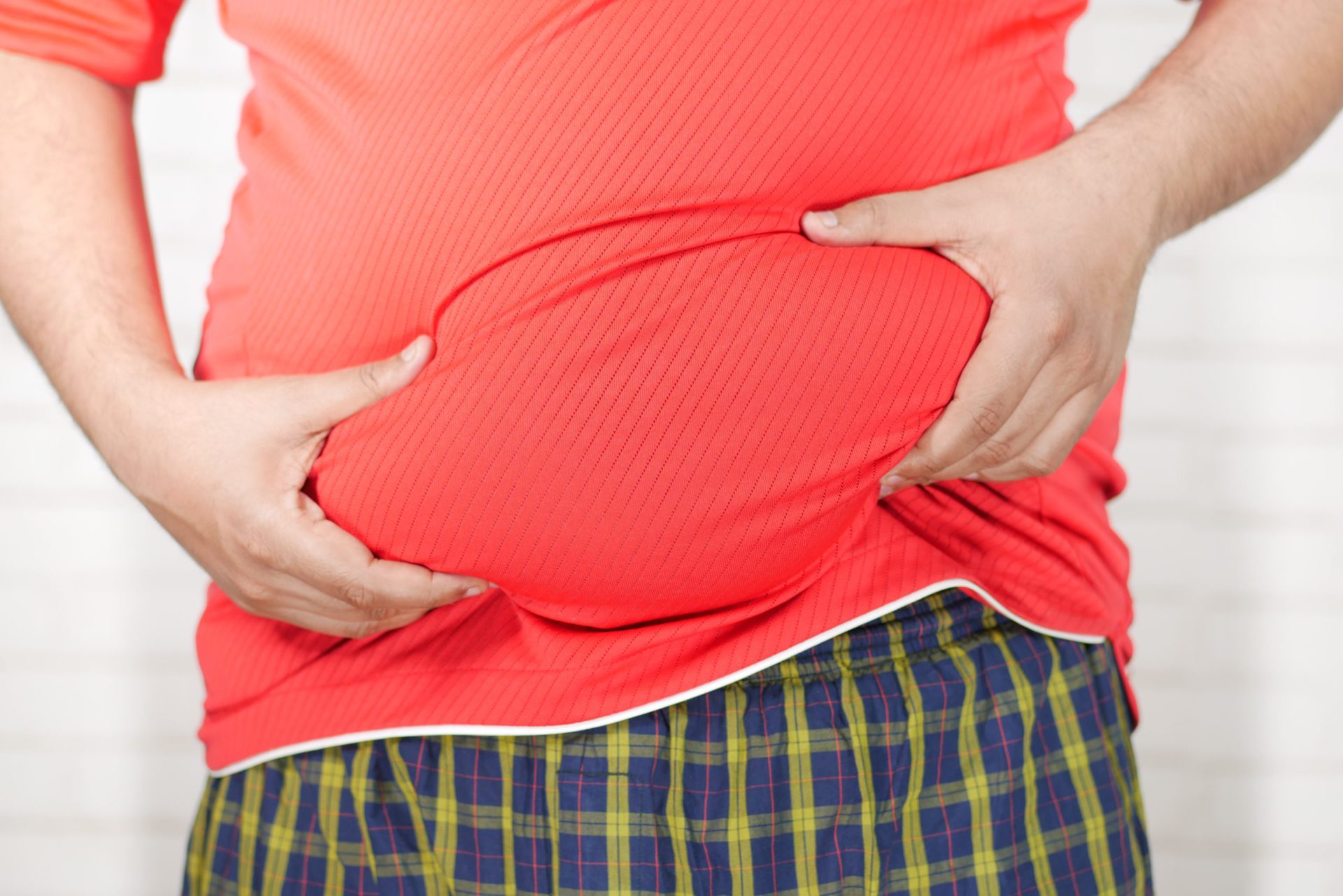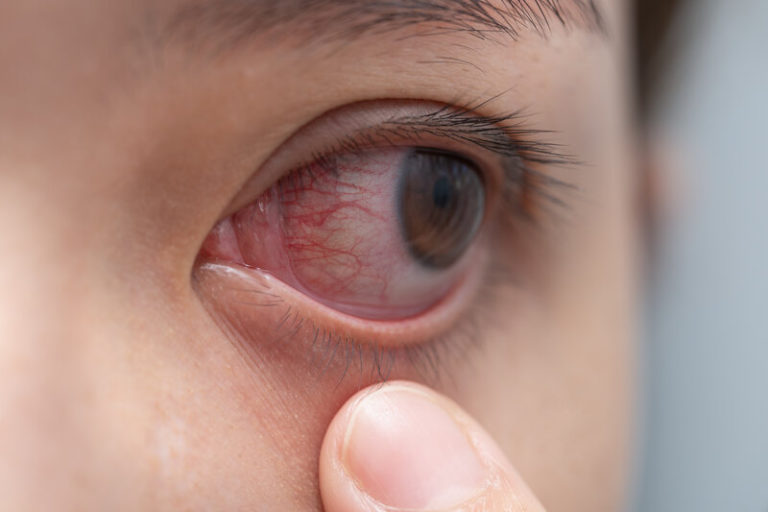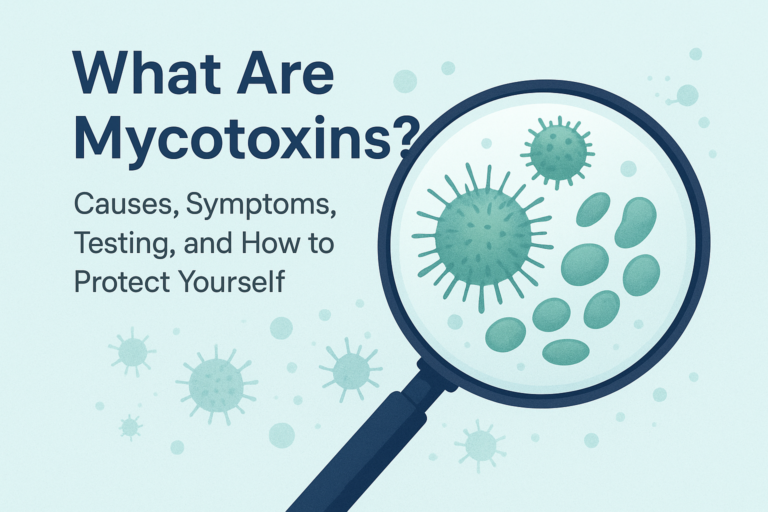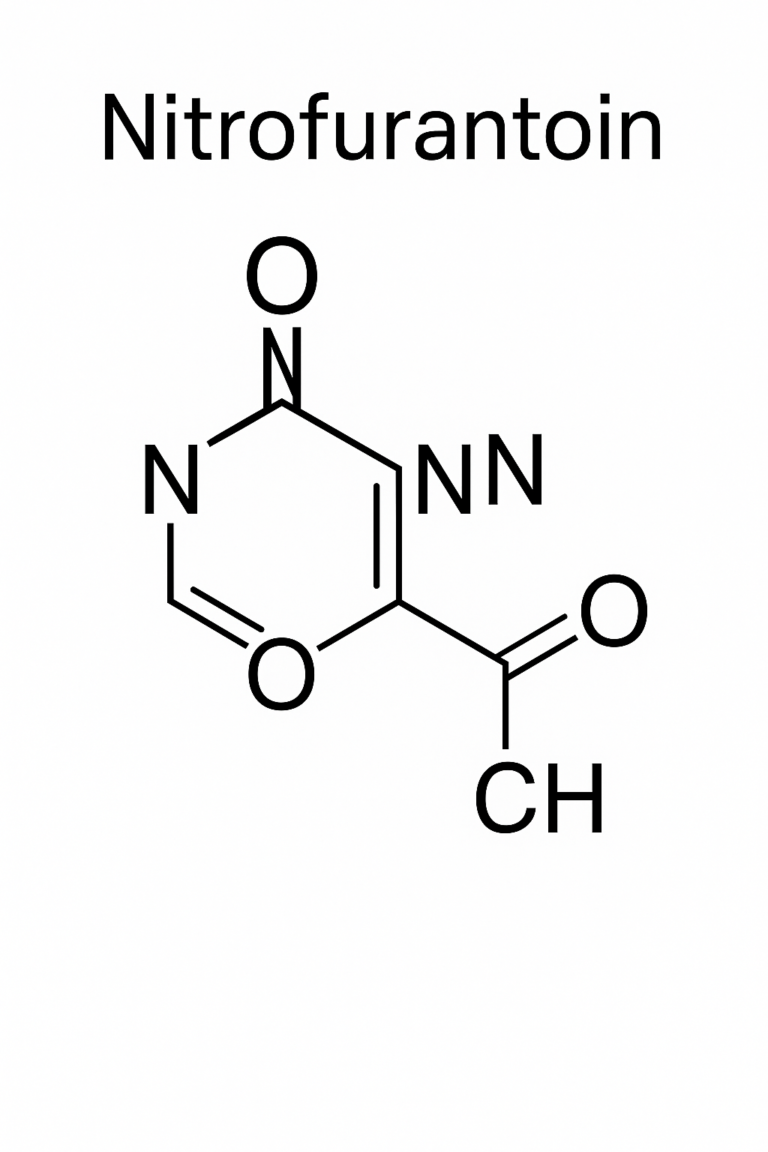
Burning during bowel movements can be a distressing and uncomfortable symptom, affecting millions of people worldwide. While occasional burning may not be a cause for concern, persistent burning may be a sign of an underlying medical condition that requires attention. In this article, we will explore the common causes of burning during bowel movements and provide tips on how to treat this symptom. Whether you’re experiencing mild discomfort or severe pain, it’s important to seek medical attention if your symptoms persist.
Common Causes of Burning During Bowel Movements
Anal fissures:
Anal fissures are small tears or cuts in the lining of the anus, which can be caused by passing large or hard stools, chronic diarrhea, or trauma to the anal area. Symptoms may include burning, itching, and pain during bowel movements.
Hemorrhoids:
Hemorrhoids are swollen veins in the anus or lower rectum, which can cause discomfort and bleeding during bowel movements. Symptoms may include burning, itching, and pain around the anus.
- Chronic diarrhea
- Chronic constipation
- Straining during bowel movements
- Stress
Dr. Schulze’s Intestinal Formula #1 | All Natural Bowel Cleanse
Have you ever wondered, “Why does it burn when you poop?” It’s a discomforting question, but one that many people face. Digestive issues can disrupt our daily lives and cause distressing symptoms, but there’s good news: relief is within reach. Introducing Dr. Schulze’s Intestinal Formula #1, a natural bowel cleanse that can help you regain control over your digestive health and bid farewell to discomfort.
Why Choose Dr. Schulze’s Intestinal Formula #1?
All-Natural Ingredients: Dr. Schulze’s Intestinal Formula #1 is crafted with a potent blend of natural herbs and plants, carefully selected for their digestive benefits. It’s free from artificial additives and chemicals, ensuring a gentle and effective cleanse.
Relief from Discomfort: This formula is designed to soothe your digestive system, providing relief from burning sensations, irritation, and discomfort during bowel movements. Say goodbye to the pain and hello to a more comfortable daily routine.
Gut Health Support: A healthy gut is essential for overall well-being. Dr. Schulze’s Intestinal Formula #1 promotes optimal gut health, encouraging regular bowel movements and helping your body detoxify naturally.
Easy to Use: Incorporating this natural cleanse into your routine is simple. Follow the recommended guidelines, and experience the benefits of a balanced digestive system.
Ready to say goodbye to the burning sensation and hello to a happier, healthier digestive system? order your Dr. Schulze’s Intestinal Formula #1 today. Your journey to digestive comfort starts now!
Inflammatory bowel disease (IBD):
IBD is a group of chronic conditions that cause inflammation in the digestive tract, including ulcerative colitis and Crohn’s disease. In addition to burning during bowel movements, symptoms may include abdominal pain, diarrhea, and rectal bleeding.
- Crohn’s disease: Crohn’s disease affects the lining and sometimes the deeper layers of the digestive tract. The disease may cause abdominal pain, diarrhea, and fatigue.
- Ulcerative colitis: This condition is characterized by inflammation and sores on the inner lining of the rectum and the colon (large intestine).
Infections:
Certain infections, such as anal warts or sexually transmitted infections like chlamydia or gonorrhea, can cause burning or discomfort during bowel movements.
Food sensitivities:
Some people may experience burning during bowel movements as a result of food sensitivities or allergies, particularly to spicy or acidic foods.
Dehydration:
Dehydration can cause hard stools, which can in turn cause anal fissures or hemorrhoids and result in burning during bowel movements.
By identifying the common causes of burning during bowel movements, you can better understand the underlying conditions that may be causing your symptoms and seek appropriate treatment.
Proctitis:
Proctitis is an inflammatory condition that affects the rectal lining, typically caused by trauma to the area from anal sex or the insertion of objects.
Symptoms of proctitis may include:
- Rectal pain
- Diarrhea
- Rectal bleeding
- Itching
- Discharge
- Constant urge to pass stool
If you experience any of these symptoms, it’s important to see a healthcare provider for diagnosis and treatment. Left untreated, proctitis can lead to more serious complications such as ulceration or scarring of the rectal lining. Treatment options may include antibiotics, anti-inflammatory medication, or changes in sexual behavior.
Cancer:
While rare, colon cancer and rectal cancer can sometimes cause a burning sensation during bowel movements. These cancers often begin as growths called polyps that attach themselves to the intestinal wall, potentially causing blockages and bleeding.
Some common symptoms of colon and rectal cancer include:
- Changes in bowel habits, such as diarrhea or constipation
- Changes in stool consistency
- Anal discharge or bloody stools
- Growths in the anus
- Itching, irritation, burning, or pain in or around the anus
- Abdominal cramps, gas, or pain
- Fatigue
- Unintentional weight loss
- Feeling like you can’t completely empty your bowels
If you experience any of these symptoms or suspect an underlying medical condition is causing a burning sensation during bowel movements, it’s important to contact your healthcare provider for an evaluation. Early detection and treatment of colon and rectal cancer can improve outcomes and potentially save lives.
Constipation:

It’s not uncommon to experience occasional constipation, as various factors like diet, stress and hormonal changes can affect your digestive system from time to time. However, chronic constipation can lead to a burning sensation while passing stool.
While constipation affects millions of Americans, there are ways to manage it. It’s recommended to consult a healthcare professional for expert medical advice on managing your constipation.
Key Point: Chronic constipation is a condition where you may experience difficulty passing stools for several weeks or months. While passing stools three times a week may be normal for some, experiencing pain or having to push hard during bowel movements is not.
Chronic constipation may also indicate a bowel blockage, also known as an intestinal obstruction. If you suspect this or experience stomach cramps, it is crucial to contact your doctor immediately for proper evaluation and treatment.
MiraLAX Gentle Constipation Relief Laxative Powder, Stool Softener
Are you tired of the discomfort and burning sensation when you go to the bathroom? You’re not alone; many people suffer from digestive issues that can lead to discomfort and pain during bowel movements. But worry not, because we have the perfect solution to your problem: MiraLAX Gentle Constipation Relief Laxative Powder, a trusted remedy that can help you get back to feeling your best.
The Solution: MiraLAX Gentle Constipation Relief Laxative Powder MiraLAX is a gentle and effective laxative powder that works with your body’s natural process to provide relief from constipation. It softens stool, making it easier to pass without causing harsh side effects. Unlike some other laxatives, MiraLAX doesn’t cause sudden urgency, cramps, or bloating. It simply helps your body regain its natural rhythm, providing comfort and relief.
Why Choose MiraLAX?
Gentle and Effective: MiraLAX provides gentle relief without causing discomfort.
Easy to Use: Simply mix the powder with your favorite beverage for easy consumption.
Non-Habit Forming: MiraLAX is safe for everyday use and won’t lead to dependency.
Recommended by Doctors: Trusted by healthcare professionals to provide reliable relief.
Why We Recommend MiraLAX?
If you’re looking for a safe, reliable, and effective solution to alleviate the burning sensation when you poop, MiraLAX Gentle Constipation Relief Laxative Powder is your answer. Take the first step towards better digestive health and bid farewell to discomfort.
Say goodbye to discomfort and hello to a happier, healthier you, order your MiraLAX Gentle Constipation Relief Laxative Powder today!
Is It Normal to Experience Pain During Bowel Movements?
Pain during bowel movements can be caused by various factors such as anal fissures, hemorrhoids, inflammatory bowel disease, infections, or food sensitivities. Mild or occasional discomfort is normal, but persistent or severe pain is not. It’s important to seek medical attention if you experience persistent or severe pain during bowel movements. Your healthcare provider can help determine the underlying cause of your symptoms and recommend appropriate treatment options.
How to Treat Burning During Bowel Movements
Stay hydrated: Drinking plenty of water can help soften stools and reduce the risk of anal fissures or hemorrhoids, which can cause burning during bowel movements.
Increase fiber intake: Eating a diet rich in fiber can help regulate bowel movements and reduce constipation, which can contribute to anal fissures and hemorrhoids. Good sources of fiber include fruits, vegetables, whole grains, and legumes.
Avoid spicy or acidic foods: Spicy or acidic foods can irritate the lining of the anus and cause burning during bowel movements. Avoiding these foods or limiting your intake may help reduce your symptoms.
Practice good hygiene: Keeping the anal area clean and dry can help prevent infections and reduce irritation. After a bowel movement, gently wipe the area with moist toilet paper or use a bidet, and avoid harsh or scented soaps.
Use a topical ointment: Over-the-counter topical ointments, such as hydrocortisone cream or petroleum jelly, can help soothe the anal area and reduce burning or itching.
Seek medical attention: If your symptoms persist despite these measures, or if you experience rectal bleeding, fever, or severe pain, it’s important to seek medical attention. Your healthcare provider can help determine the underlying cause of your symptoms and recommend appropriate treatment options.








